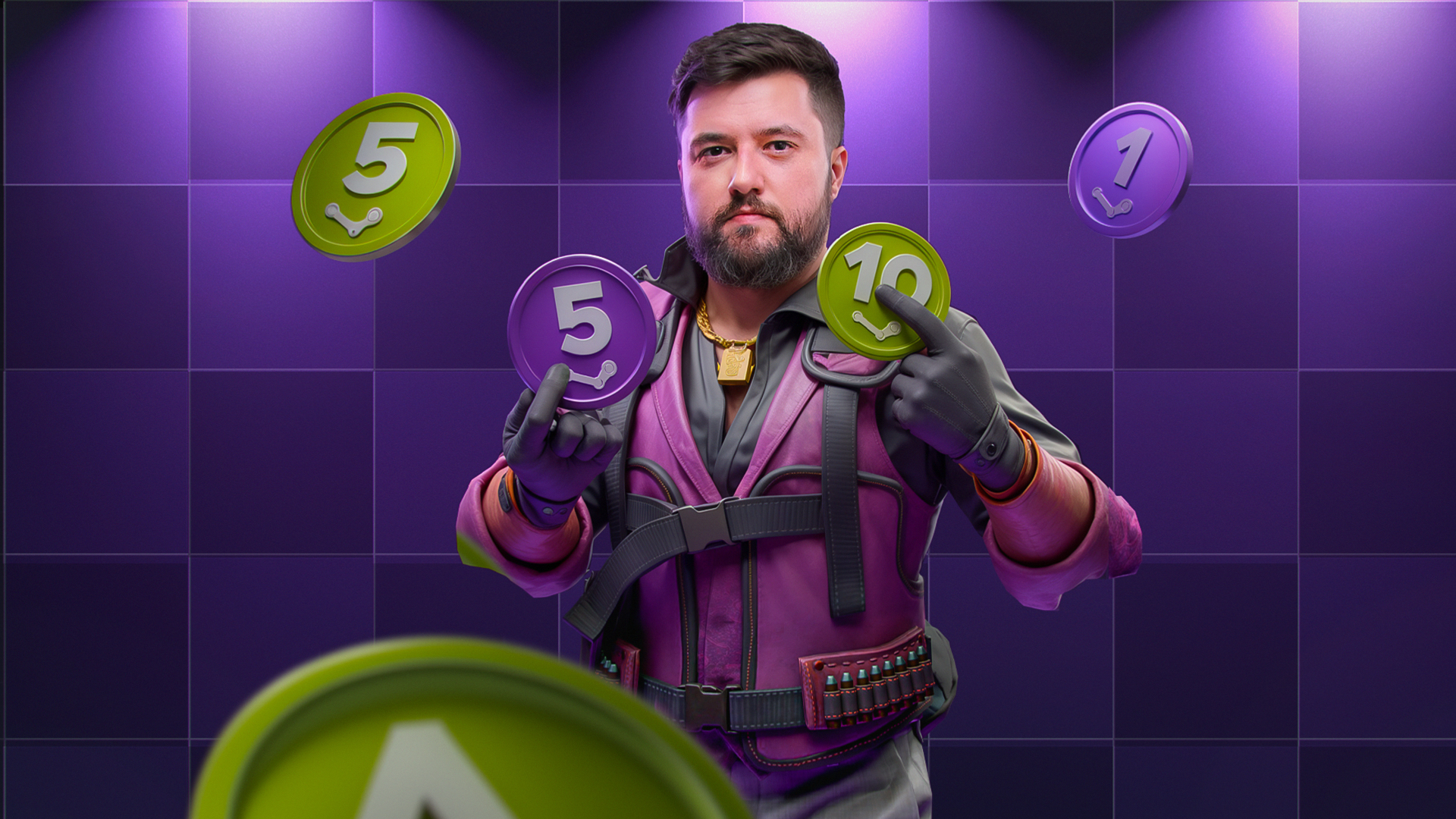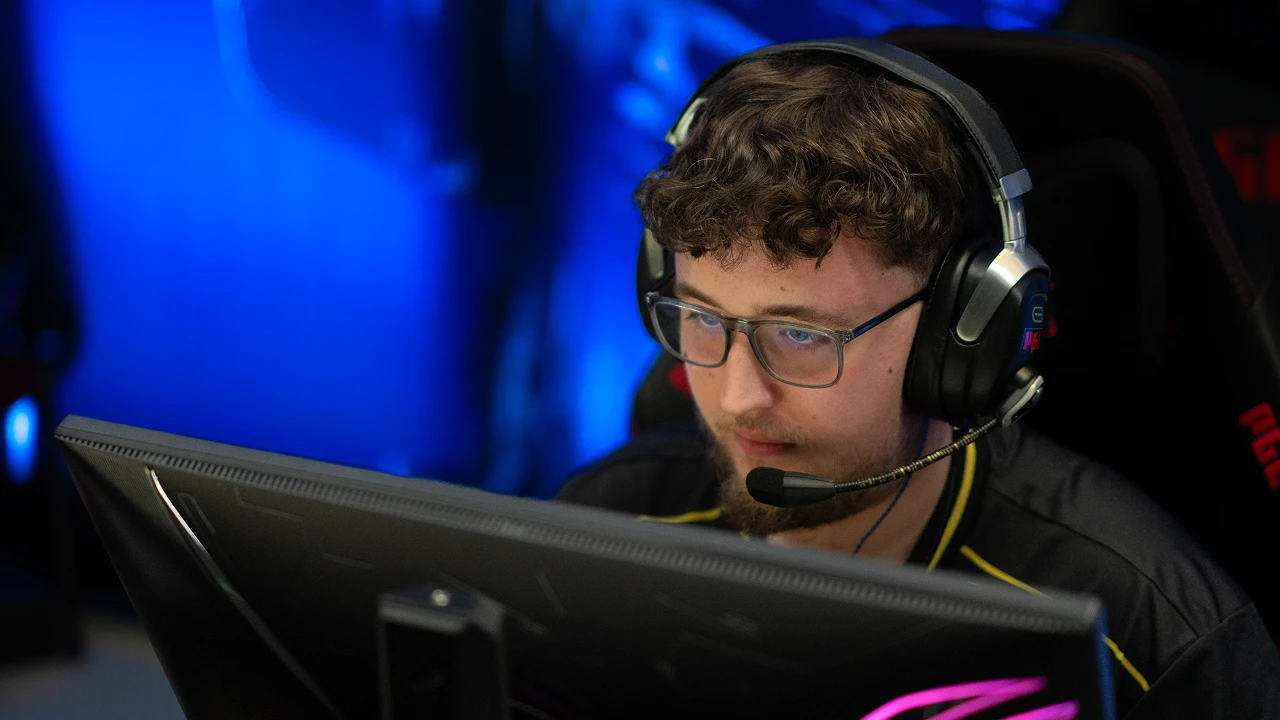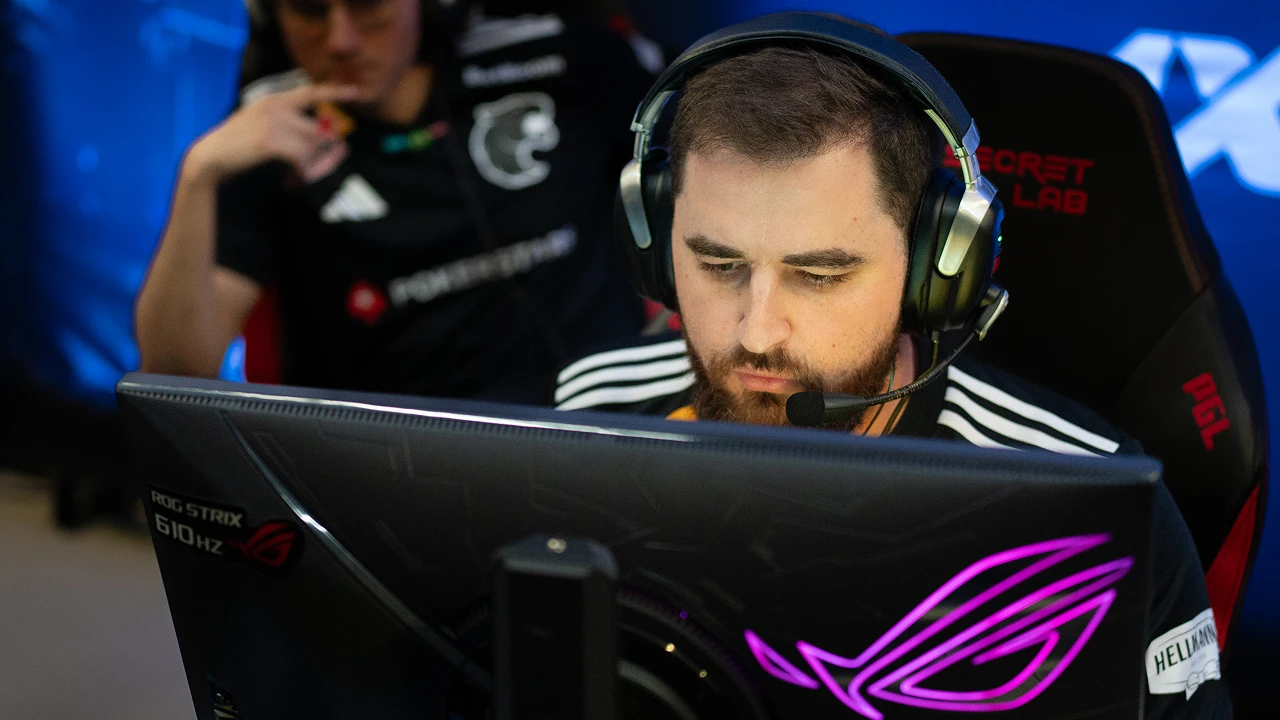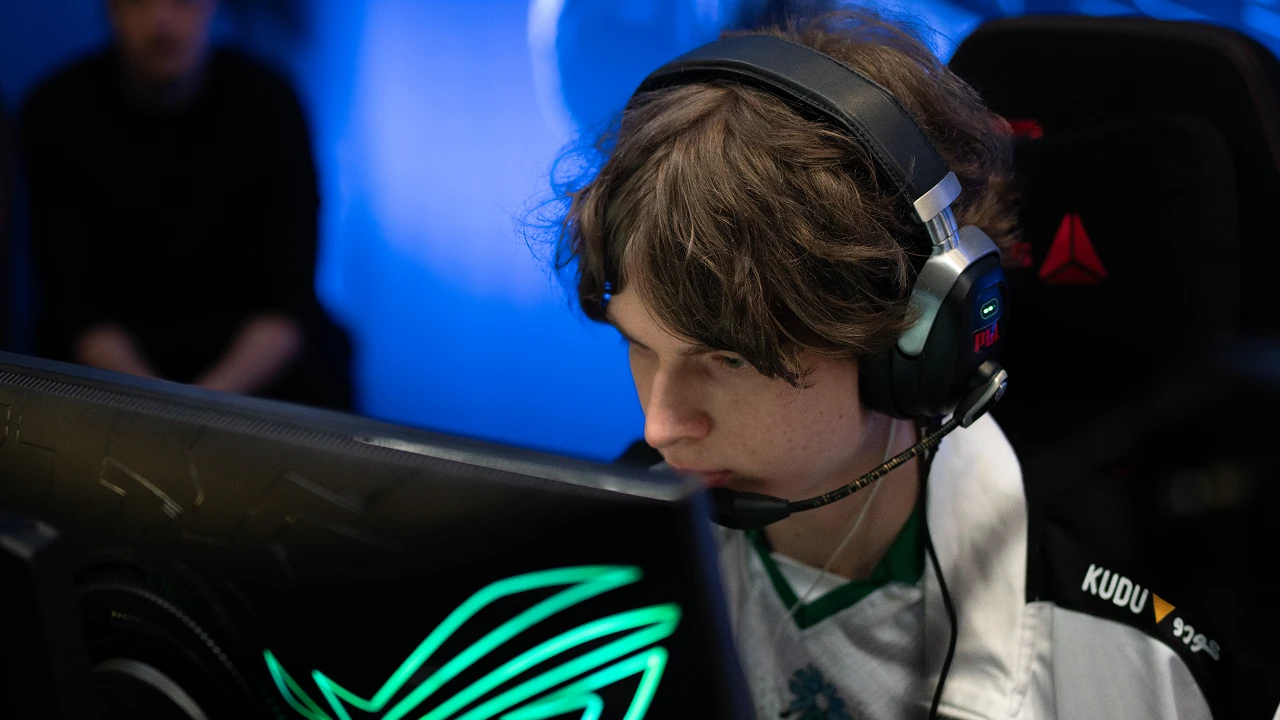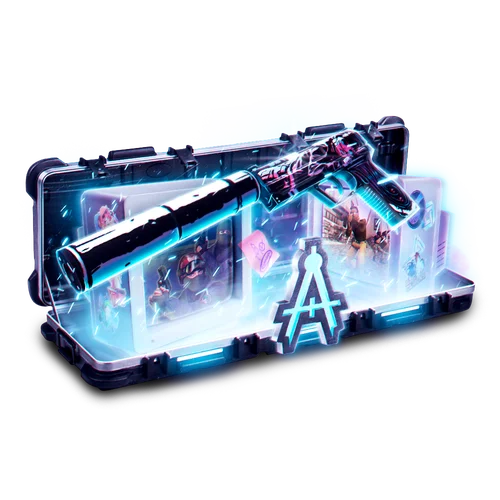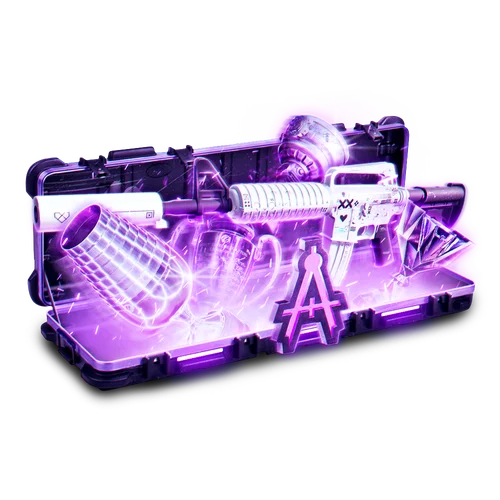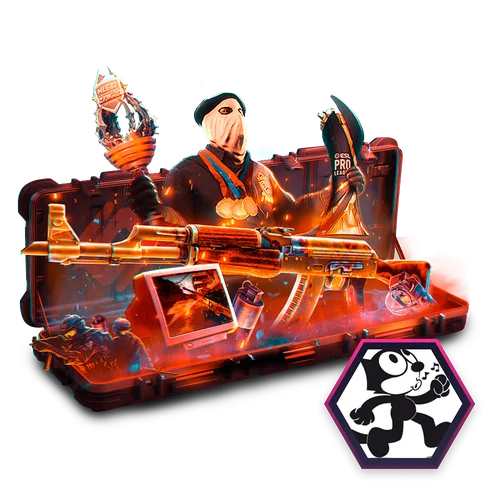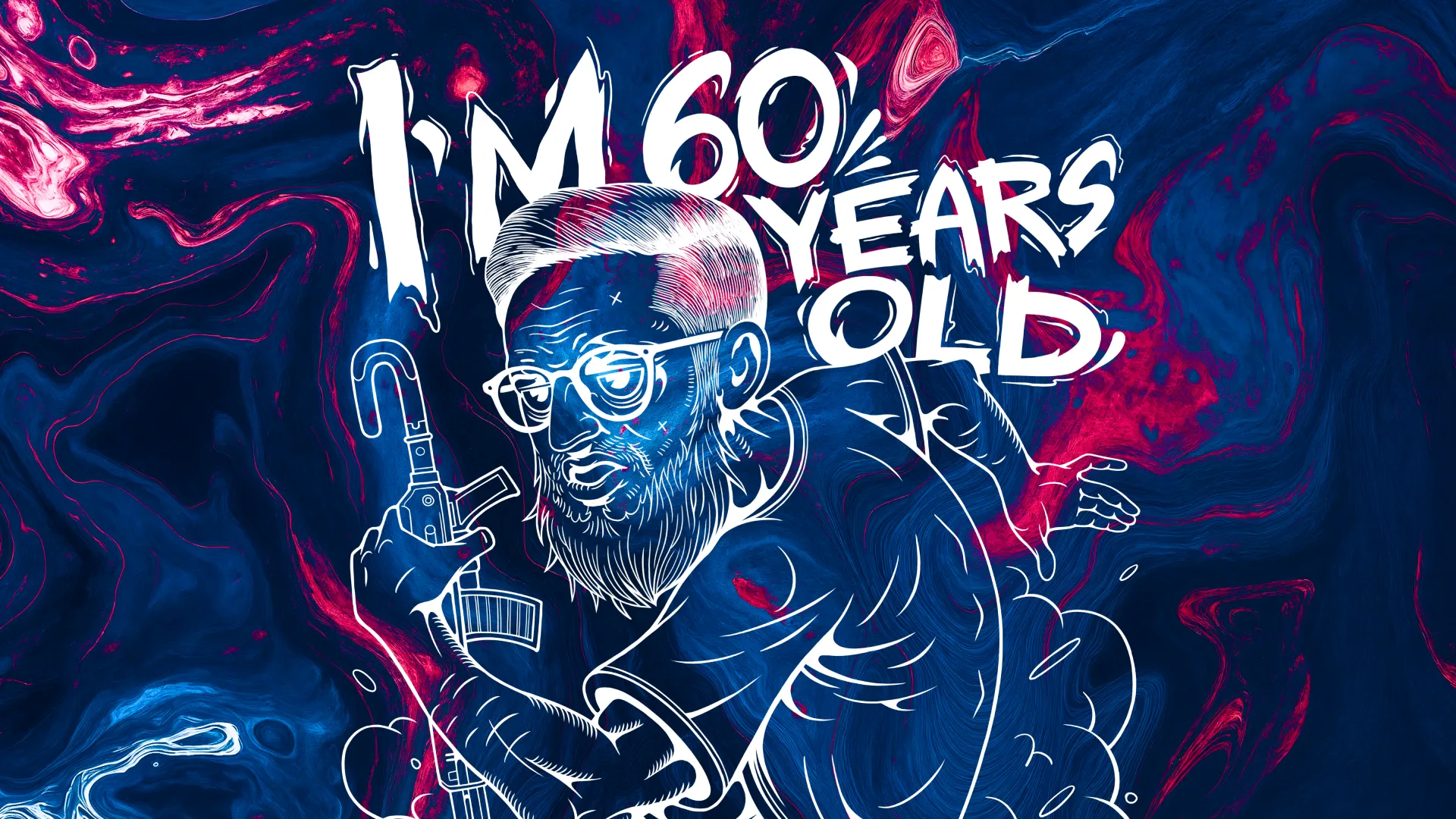In 2025, Valve’s new VRS ranking system reshaped the Counter-Strike ecosystem. The Major qualification format now rewards consistency, LAN results, and stability instead of short online runs. The change sparked debate — but also created one of the most competitive Major lineups in recent years.
We spoke exclusively with Luis “peacemaker” Tadeu, veteran coach and analyst, about how VRS redefined fairness in CS2, how it affected smaller tournaments, and what structural problems still remain.
At first, when I heard about the ranking changes, I was hesitant and not really happy — just like most of the community. But by the end of the cycle, when everyone was fighting for points before the Major, it got really exciting
Do you think the VRS system made qualifications fairer?
Yes, absolutely. The biggest advantage of the new system is that it rewards stability instead of luck. Before, you could lose a Major slot in a random online qualifier because of cheaters or one bad day. Now it’s all about consistent performance across tournaments.
Smaller LANs suddenly became valuable again — events like Fragadelphia, which used to matter only in North America, started gaining global attention. That gave both organizers and players new motivation to grow. The most deserving teams finally got fair opportunities, and the overall quality of competition increased dramatically.
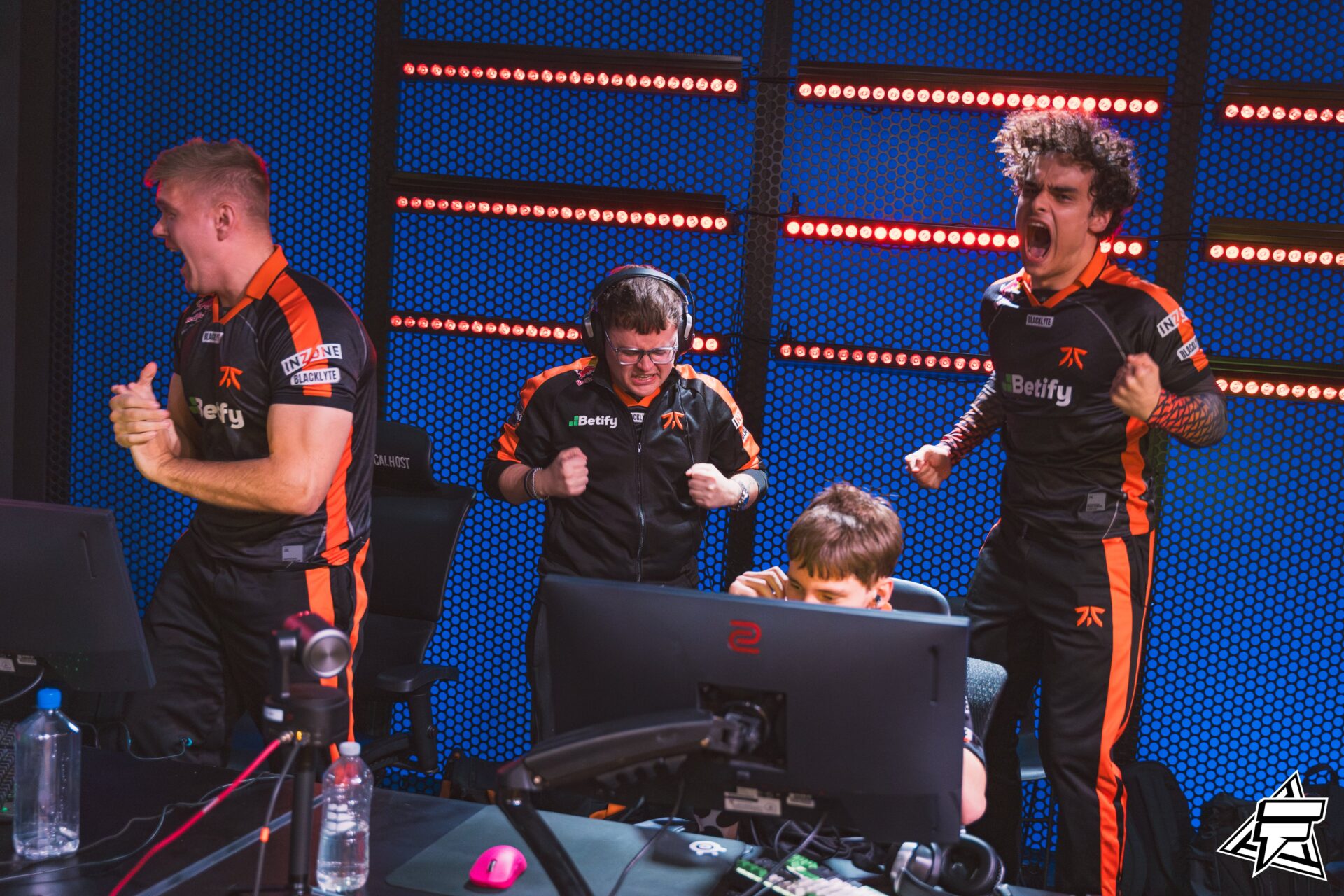
How did the new system affect smaller tournaments and player development?
It had a huge positive impact. These regional events became stepping stones for upcoming teams and new players. Before VRS, many tier-two or tier-three LANs didn’t attract strong competition because they offered little exposure. Now every point counts, so everyone shows up.
That means young players gain LAN experience early, learning to deal with pressure before reaching elite events. It reminds me of the pre-COVID era when everything was played offline — you had to earn your spot on stage. This shift will help future players transition smoothly into tier-one tournaments.
Are there still flaws in the current format?
Yes, there are. The biggest issue is how flexible the roster rules are. Teams can make last-minute player changes even days before an event, which I think damages integrity. You end up with lineups that no one has seen before, competing at the highest level without proper preparation.
That’s not healthy for the scene. I believe Valve and tournament organizers should make roster-lock rules stricter, so teams can’t make emergency swaps unless it’s due to health or visa issues. Otherwise, it becomes unfair to teams that worked hard and qualified properly.
read more
Which teams were the biggest disappointments under VRS?
BetBoom and Virtus.pro stand out. With their firepower and resources, BetBoom should have qualified comfortably; falling short was a genuine let-down. Virtus.pro missing the Major felt even stranger, but that was less about the system and more about real-world hurdles — visa trouble, timing, and roster turbulence.
The key point is that VRS didn’t “rob” them; it rewarded teams that kept showing up at LANs, stayed consistent, and managed stability across the cycle. From that perspective, the outcome still looks fair, even if some big brands didn’t make it.
Can you give an example of when the system failed to protect fairness?
The Fnatic situation with Cypher is a good example. Even if the change was understandable on paper, it wasn’t justified from a human point of view. Cypher helped them qualify for the Major, and replacing him right before the event just felt wrong.
It shows how results-based logic sometimes ignores human fairness. You can’t forget that behind every lineup are people who invested months of effort and emotion. For me, the system should protect players as well as performance.
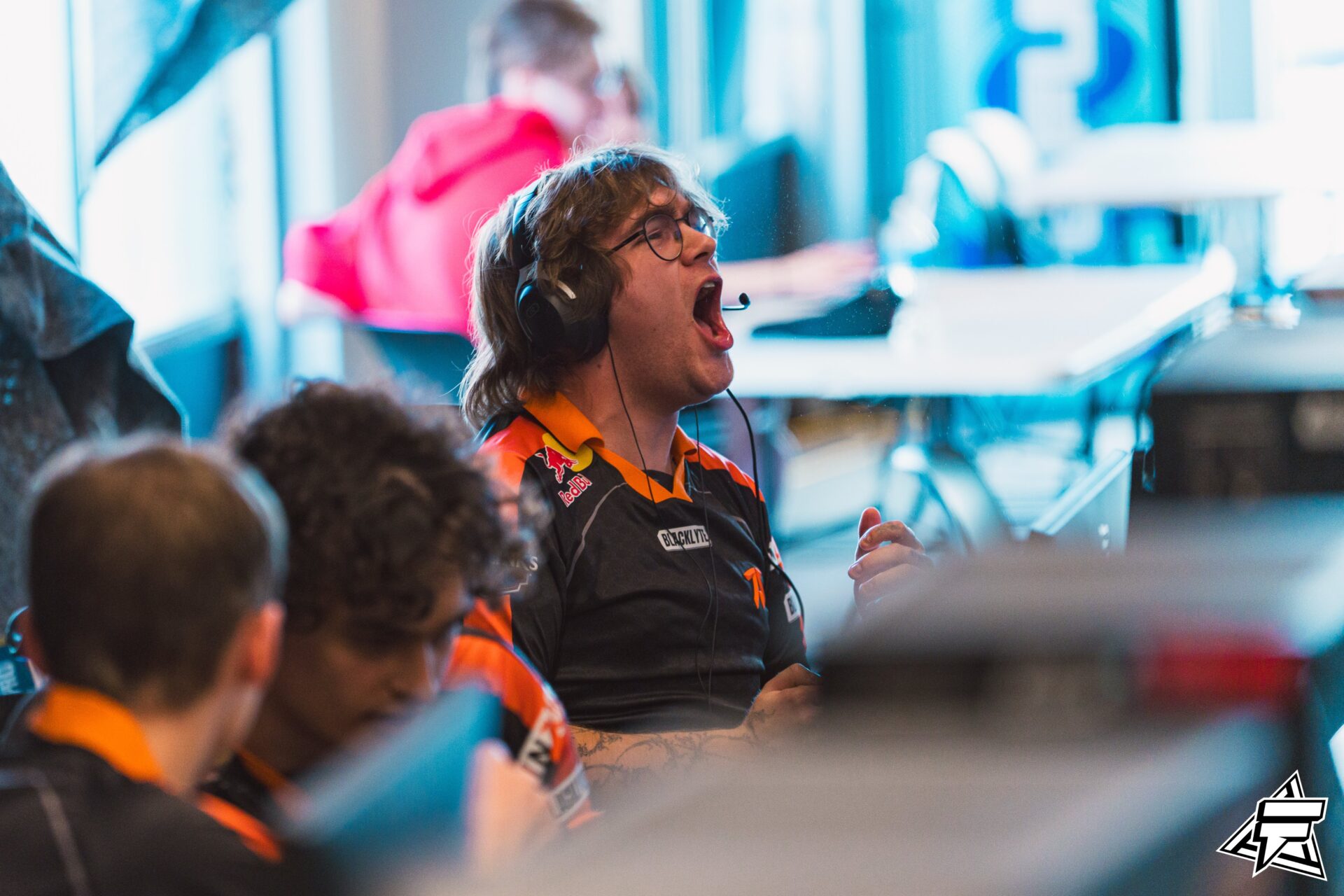
What other effects did VRS have on the professional scene overall?
Beyond the Major circuit, it changed the entire rhythm of the competitive calendar. Teams are now forced to travel more, plan their seasons carefully, and attend regional events to maintain their points. That created a new level of structure in Counter-Strike — no more “random invites” or skipping events without consequences.
read more
For tournament organizers, it also opened new doors: hosting smaller LANs now actually matters. At the same time, it made burnout a real issue again — players have tighter schedules and more travel pressure than before. So while the system brought fairness, it also made professional life more intense.
The VRS era, according to peacemaker, is far from perfect — but it’s a foundation that professional Counter-Strike needed. It rewards real effort, not luck, and forces every team to prove itself in LAN conditions.
I think the outcome speaks for itself. We got the right teams at the Major, and it’s going to be one of the most competitive in years
The next part of the interview with peacemaker will be out very soon.





























